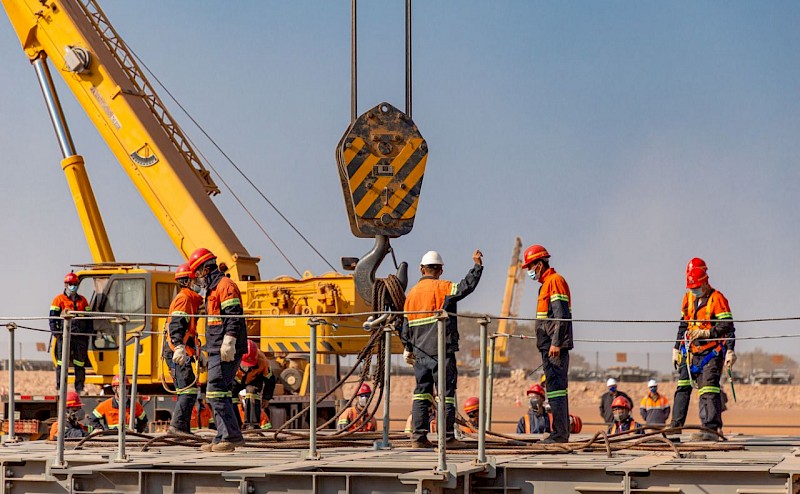
In 2013, the Democratic Republic of Congo (DRC) banned exports of concentrates to encourage miners to process and refine ore locally in the country. As the world’s biggest cobalt producer and Africa’s largest copper miner, this had a pretty significant impact on the industry and how companies operated in the region.
Now, the DRC has reinstated that export ban, threatening the global supply chain as the complications and bottlenecks that come along with refining in the country loom large. Mining companies that currently hold waivers to continue with shipments out of the country can continue, but most new projects and the expansion of existing mines will be held back by this ban.
A lack of smelting capacity often drove the Congolese government to issue a multitude of waivers during the previous export ban. It is likely the same process will be needed this time around as miners have had little time to prepare and the country’s smelting capacity and infrastructure still lies in a similar state as 8 years ago.
A Scramble to Protect Assets and Production Pipelines
Companies are moving quickly to protect their assets in the DRC, with Ivanhoe Mines (TSX:IVN) filing an application quickly last Friday for a waiver while continuing talks with the mines minister. The company’s Kamoa-Kakula project has begun copper concentrate production this week, and will need the waiver to ensure the project remains viable and operating at an optimal level.
“The rules recognize that a derogation may be justified for a number of reasons,” president and CFO Marna Cloete said in a statement. “Kamoa Copper has filed the necessary application materials and we have had constructive discussions with the Minister of Mines on obtaining a derogation for Kamoa-Kakula given current limitations on smelting capacity in-country.”
Ivanhoe has said it will use local smelter capacity as much as possible and is looking at constructing its own complex at the project site to produce blister and anode copper. However, with severe power deficits still being dealt with in the DRC, mining companies have been prevented from building processing facilities. The gridlock has created a kind of stalemate for the process which is the prime driver for the high level of waivers issued.
One company less affected by the ban is Glencore (LON:GLEN), whose operations at its Mutanda cobalt mine (the largest in the world) are expected to resume operations in 2022. Since the company exports mainly cobalt in hydroxide and copper cathodes, the ban will not adversely affect the company’s production and they will not need the waiver as Glencore (LON:GLEN) remains unaffected.
Supply Threatened
Copper and cobalt are two critical minerals and metals that are required for all of the technology, batteries, and energy storage and production solutions currently being used around the world. The developed world’s appetite for copper and cobalt continues to grow, and demand is expected to oustrip supply by a critical amount. Estimates from CRU Group show a possible annual supply deficit of 4.7 million metric tonnes by 2030. To close that gap, the copper industry would need to spend more than $100 billion. If no new mines get built and bottlenecks like export bans in the DRC continue, the deficit could grow to 10 million tonnes, according to commodities trader Trafigura.
With demand growing rapidly and supply lagging, copper prices continue to rise, giving copper miners around the world a strong tailwind for production and investment. For the next few decades, the industry could see copper mining companies holding all the cards for the red metal, creating a strong and profitable business for everyone involved.



 Follow us on Twitter
Follow us on Twitter Become our facebook fan
Become our facebook fan










Comments are closed.